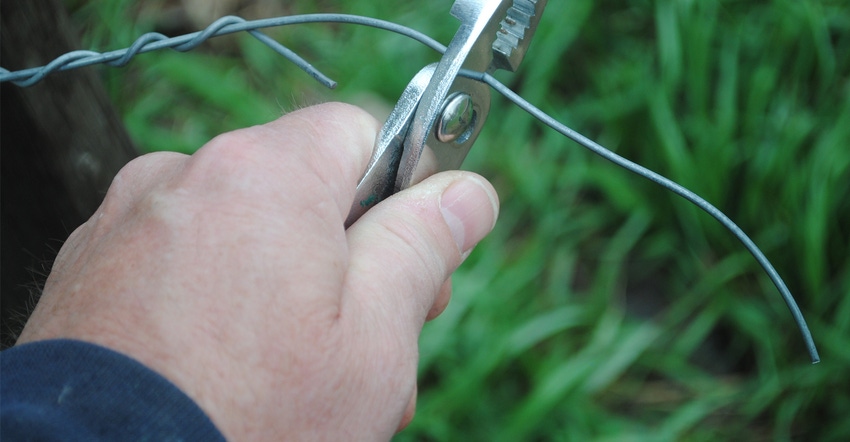
Society always has valued physical appearance. No matter if you are talking about people, pickups, animals or farmsteads, society is attracted to exterior beauty. It’s probably always been that way, but these days there are a lot more things people will do to improve their own personal appearance, especially as they age.
I understand how this works, but I would invite us all to look beyond the exterior for something deeper and better in the people we deal with every day.
I think about aging farmers and ranchers when I write of this topic. I can remember one farmer who had lived through the Great Depression and the droughts and hard times of the 1930s, 1950s and 1980s telling me that he is all wrinkled up. “But,” he said with pride, “I’ve earned every one of those wrinkles.” I had no doubt that he had.
Some folks might wince or even pull back when offered a handshake from someone with a little dirt beneath their fingernails, oil in the creases of their rough hands or with a hand that is deformed or missing a finger or two.
But the dirt under their nails and the stained crevices of their hands only mean that this person works with their hands every day, probably dipping their hands in icy water in the winter to clear out ice chunks for cattle or picking up a little oil or dirt while changing oil in their truck or digging in the soil to check a crop stand. The dirt, the creases and the oil are badges of honor in my book.
Years ago, it wasn’t uncommon at all for farmers to be missing a finger or even two. My father lost his ring finger when his wedding ring caught on a bolt as he swung himself to the ground from the box of our truck. Although it was one of the most painful things he had ever experienced, once his missing finger healed, he wore it as a badge of honor, and teased the young neighbor kids who thought they had pulled his finger off when they shook his hand.
Some folks might cringe when they see a hand that is wrinkled and withered, with knotted bumps on the knuckles. If you shake hands with someone with these maladies, you would notice that their hands might be stiffened and deformed.
To me, this simply means that this person worked hard throughout their lives, probably gripping the steering wheel of a tractor or throwing a rope around a calf at branding time. It might mean that the person gripped a hammer to build farm structures and fencing, or worked a chain saw in the woods, or a drill on a farm building project.
What folks might not understand is that these same hands that are so weathered and weary today were once strong and vigorous, fixing fence, caring for baby calves and tenderly holding a newborn son or daughter. These hands were the hands that built a farm and ranch, helped a neighbor in distress, cared for livestock, planted seeds and provided gentle protection and comfort for a family.
Thinking of my own father, whose body had endured countless back operations over the latter part of his life, I recall that he was bent over in his later years, unable to walk completely across the farmstead without sitting down for a rest. He joked that he lost a half-inch of height every time he had a back surgery.
His hands were wrinkled and worn, missing finger and all. But to his grandchildren — my children —none of that mattered. Because his eyes, like the eyes of so many farmers and ranchers, were clear and bright. The eyes always gave my dad away. They were filled with orneriness, compassion and love, for the farm and for his family.
It is true, thank God, that looks aren’t everything. Beauty may be skin deep, but character runs all the way through to the core of our being. And that is what counts on the farm.
About the Author(s)
You May Also Like






